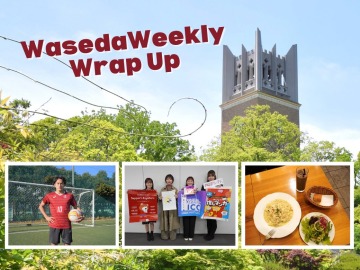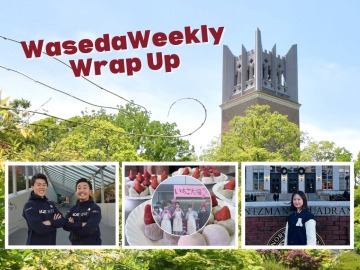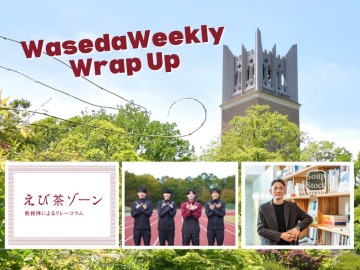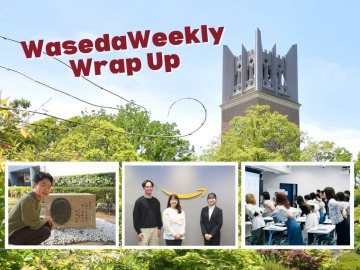A grad student’s research on using Pilates to reduce burden of injury in baseball players
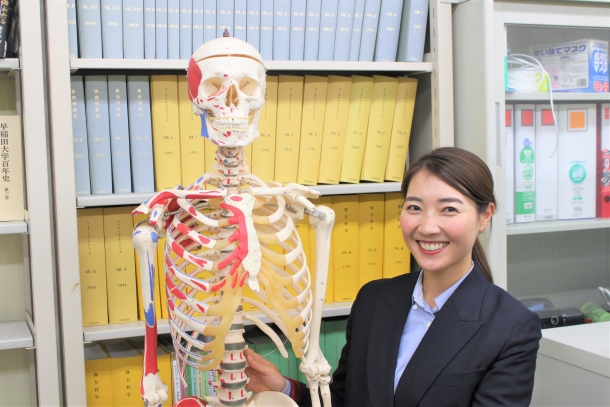 The life of Izumi Ichikawa is a busy one. While working as a freelance reporter specializing in high-school and professional baseball reporting, Izumi found time to acquire her Pilates teacher certificate, and now, is a 2nd year masters student at Waseda University’s Graduate School of Sport Sciences. Her research theme? How to introduce Pilates-based motor control exercise to aid university baseball players’ pelvic mobility and prevent groin damage.
The life of Izumi Ichikawa is a busy one. While working as a freelance reporter specializing in high-school and professional baseball reporting, Izumi found time to acquire her Pilates teacher certificate, and now, is a 2nd year masters student at Waseda University’s Graduate School of Sport Sciences. Her research theme? How to introduce Pilates-based motor control exercise to aid university baseball players’ pelvic mobility and prevent groin damage.
As a member of the Waseda Univ. Kaneoka Lab, Izumi introduced Pilates exercises to 12 athletes of the Waseda University Baseball Club, each experiencing lower back pain, for approximately three months. Using 3D movement analysis equipment and recording subjects with reflective markers attached to various joints, Izumi measured the effectiveness of the exercises in reducing said lower back pain. Remarkably, she found that not only was pain almost entirely reduced, but the mobility range of different body parts were extended post-experiment. When questioned about her future goals, Izumi stated she would like to contribute her knowledge to the field of baseball, and hold seminars for concerned parties such as coaches.
Japanese article: https://www.waseda.jp/inst/weekly/news/2022/12/13/103911/
First volume of Waseda University 150 Year History* collection reveals new information on Waseda’s past
*This is an unofficial English translation of the Japanese collections’ name, “早稲田大学百五十年史”
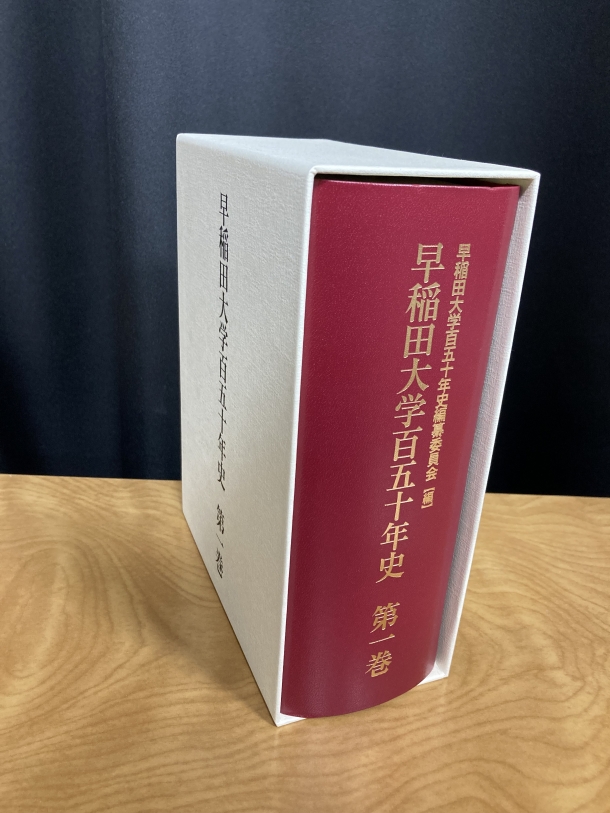 To celebrate Waseda University’s upcoming 150th year anniversary in 2032, the Waseda University History Museum published the first volume of the Waseda University 150 Year History* collection last spring. Though a multiple-volume Waseda University history collection had been published in the past, new documents, materials, and advancing research have revealed new discoveries, and this new “150-year collection” marks a chance to look back on the university’s history once more.
To celebrate Waseda University’s upcoming 150th year anniversary in 2032, the Waseda University History Museum published the first volume of the Waseda University 150 Year History* collection last spring. Though a multiple-volume Waseda University history collection had been published in the past, new documents, materials, and advancing research have revealed new discoveries, and this new “150-year collection” marks a chance to look back on the university’s history once more.
In historical records or materials, information is usually focused on “big events” such as wars or incidents. Information on everyday life, or the kind of ordinary activities students did decades ago, are not often left behind in detail. However, thanks to former Waseda professor Kon Wajiro (1888-1973) who strived to leave accounts such as information on the neighborhood of Waseda, and student diaries, kindly donated to the university by their owners and/or family members, we have a chance to glimpse into the ordinary life of the past! Wajiro, who was an advocate for the study of modern societies, wanted to “make things easier for the archaeologists hundreds of years in the future” and left many pieces of writing on the trends and customs of the times, and these precious traces of history have been recorded down in the new 150-year collection.
Japanese article: https://www.waseda.jp/inst/weekly/news/2022/12/15/103873/
A university that strives for data-science education in all of its schools
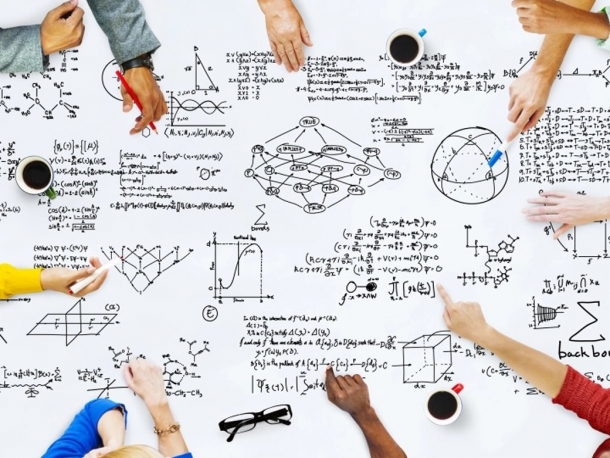 In an opinion piece written by Professor Manabu Kobayashi (affiliation: Center for Data Science), he talks about the continuously growing demand for data-science education in Japan. In fact, Waseda University was chosen as one of six universities in Japan by the Ministry of Education, Culture, Sports, Science and Technology (MEXT) in 2022 for the “MDASH Advanced Literacy (Approved Program for Mathematics, Data science, and AI Smart Higher Education, designated by the Gov of Japan)”. Waseda University and its Center for Data Science have been striving to provide an environment where any student, at both the undergraduate and graduate level, can freely learn data-science in relation to their areas of study and interests.
In an opinion piece written by Professor Manabu Kobayashi (affiliation: Center for Data Science), he talks about the continuously growing demand for data-science education in Japan. In fact, Waseda University was chosen as one of six universities in Japan by the Ministry of Education, Culture, Sports, Science and Technology (MEXT) in 2022 for the “MDASH Advanced Literacy (Approved Program for Mathematics, Data science, and AI Smart Higher Education, designated by the Gov of Japan)”. Waseda University and its Center for Data Science have been striving to provide an environment where any student, at both the undergraduate and graduate level, can freely learn data-science in relation to their areas of study and interests.
In particular, Professor Kobayashi details Waseda University’s Certification Program in Data Science, where students can work their way from the starting “literacy level” all the way to “advanced,” and receive certification after fulfilling all requirements. Students also have the chance to use their acquired data-science skills at “data-science competitions,” and furthermore at various companies through internship programs. The University even provides a Data Science Education Program for working adults, via seminars through Waseda NEO. Thanks to these wonderful opportunities, the University is making great strides towards the realization of a fully data-science competent community!
Japanese article: https://www.waseda.jp/inst/weekly/news/2022/12/16/104159/

